Kronos Quartet “50 for the Future” Online Masterclasses: Saturday, November 12, 2022 and Saturday, April 15, 2023 at 2pm Eastern on Zoom
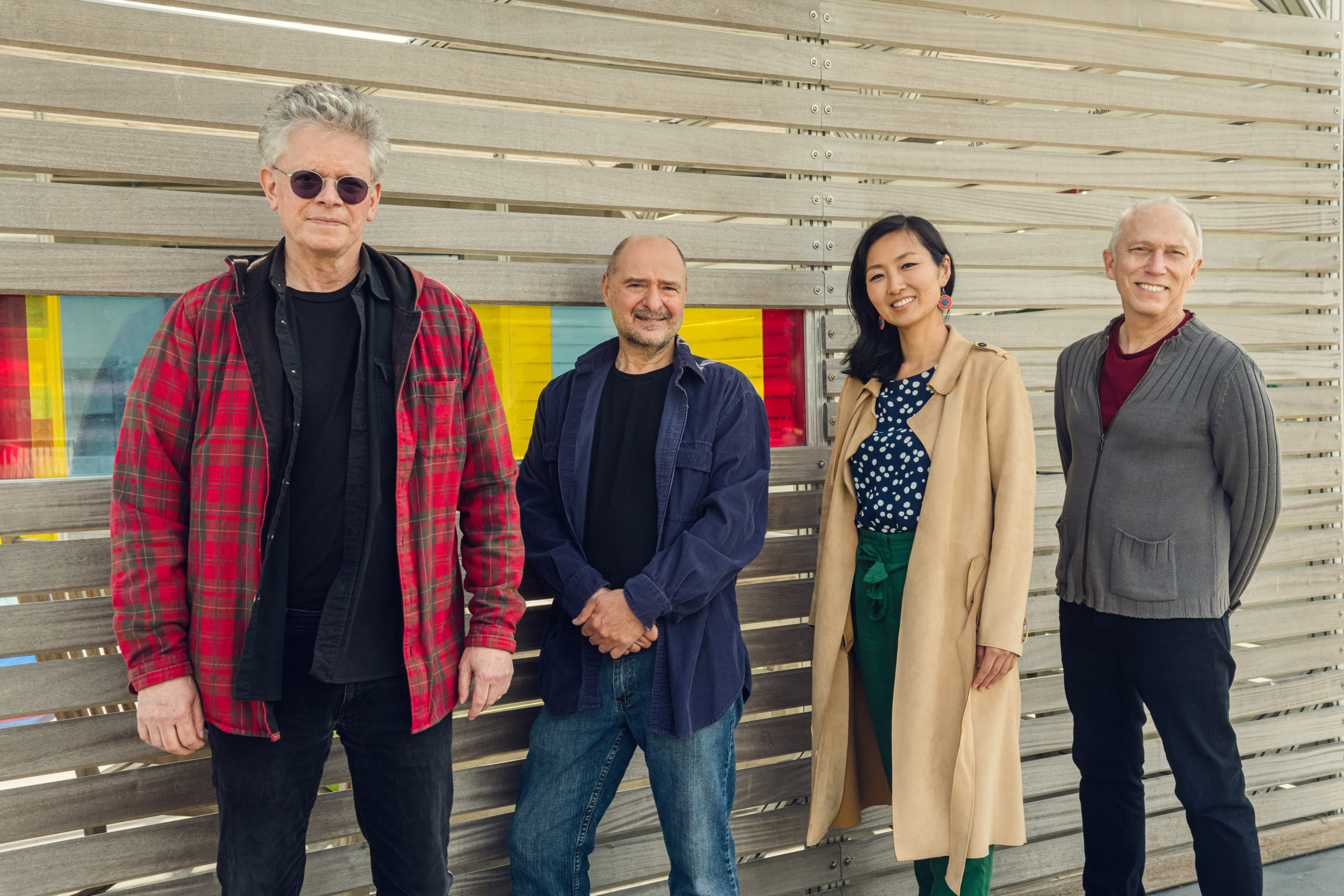
There are so many ways to celebrate a milestone anniversary – ACMP at 75 and the Kronos Quartet at 50 – but nobody does it quite like the Kronos Quartet!
In 2015, the Kronos Performing Arts Association launched its legacy project Kronos’ 50 For the Future, commissioning 50 composers from around the world to write new works for string quartet, specifically with the goal of guiding amateur and early-career professional string quartets in developing and honing the skills required for the performance of 21st-century repertoire. Kronos has been featuring the new works in its own concert programs since launching the program. After the completion of each piece, KPAA uploads parts, scores, recordings and video interviews with each composer to the 50 for the Future website. Anyone who is interested in playing the new repertoire can download scores and parts for free directly from the site. To date, 50 For the Future works have been downloaded more than 26,000 times in 100+ countries and territories worldwide.
EXPLORE THE 50 FOR THE FUTURE LIBRARY
It’s an incredible resource – not just for string players! Drawing on 49 years of collaborations with composers from all over the world and all stylistic backgrounds, the Kronos Quartet has curated an eclectic collection of new works celebrating the exciting plurality of classical music in the 21st century. String players may have the added benefit of being able to play these pieces, but all music-lovers will enjoy browsing through the site and listening to the pieces and watching video interviews of the composers.
Kronos and ACMP:
For nearly 50 years, San Francisco’s Grammy-winning Kronos Quartet and its nonprofit Kronos Performing Arts Association have reimagined and redefined the string quartet experience through thousands of concerts, over 60 recordings, collaborations with composers and performers from around the globe, more than 1,000 commissioned works, and education programs for emerging musicians. Since 2015, Kronos has been engaging in a wide array of educational projects centered around 50 For the Future repertoire – with college-level music majors, teenagers, children – and now with adult amateurs through ACMP.
For me, this is the most exciting way in which ACMP can celebrate its own 75th Anniversary, by inviting adult amateur musicians in our community to delve into this fascinating library of new works, and join in on two online master classes with all four members of the Kronos Quartet at 2pm Eastern on Saturday, November 12, 2022 and Saturday, April 15, 2023.
The first step is finding ensembles that would like to actively participate by learning one of the new works and playing in one of the classes.
SIGN UP TO PLAY FOR THE KRONOS QUARTET
Shortlist of easy to intermediate level pieces:
If you would like to play in one of the classes, feel free to choose from the whole library. However, some of the pieces are rather challenging. If you would like some guidance on finding more manageable works, members of KPAA’s educational team have created a shortlist of pieces from the collection on the easy-to-medium difficulty end of the spectrum:
Guillermo Galindo / Remote Control
Raven Chacon / The Journey of the Horizontal People
Aleksandra Vrebalov / My Desert, My Rose
Missy Mazzoli / Enthusiasm Strategies
Aftab Darvishi / Daughters of Sol
Nicole Lizée / Another Living Soul
Fodé Lassana Diabaté / Sunjata’s Time
SAXOPHONE ALERT: There is an arrangement of Fodé Lassana Diabaté’s piece Sunjata’s Time for saxophone quartet. Saxophonists will get first dibs on this work! Parts for the arrangement are not up on the Kronos site, but ACMP can obtain them for you.
NOTE: There was another piece on the “easy” shortlist that I would encourage you all to look at (and play) – but it has already been chosen by a group for the November 12 class, so it is no longer an option for these classes. In case you want to look or listen, it’s: Charlton Singleton / Testimony
Joining the class as an audience member:
Stay tuned! Once I have all the ensembles lined up, I will share links to sign up as an audience member for each class. Both classes will also be live-streamed on Facebook and archived on the ACMP YouTube account.
More Articles
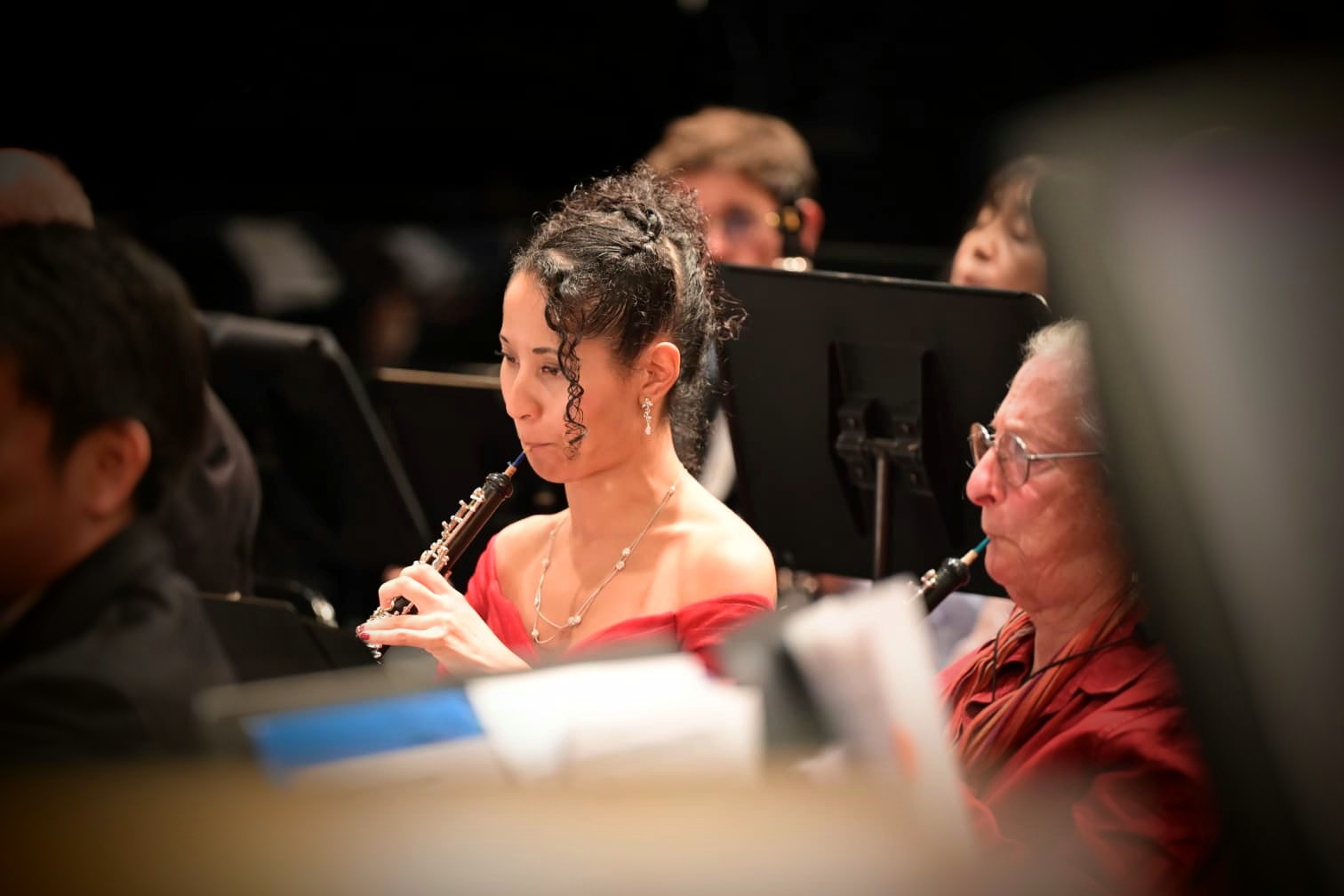
Kayana Jean-Philippe: The serious business of an amateur oboist
When it comes to the oboe, Kayana Jean-Philippe is what you might call a serious amateur – someone who pursues her passion at a high level, but does not make a living at it. One of her most consistent musical outlets has been the United Nations Symphony Orchestra, which she joined 10 years ago and is principal oboist. Another musical outlet is ACMP, which she said has connected her with new people and new musical opportunities.Read More ↗
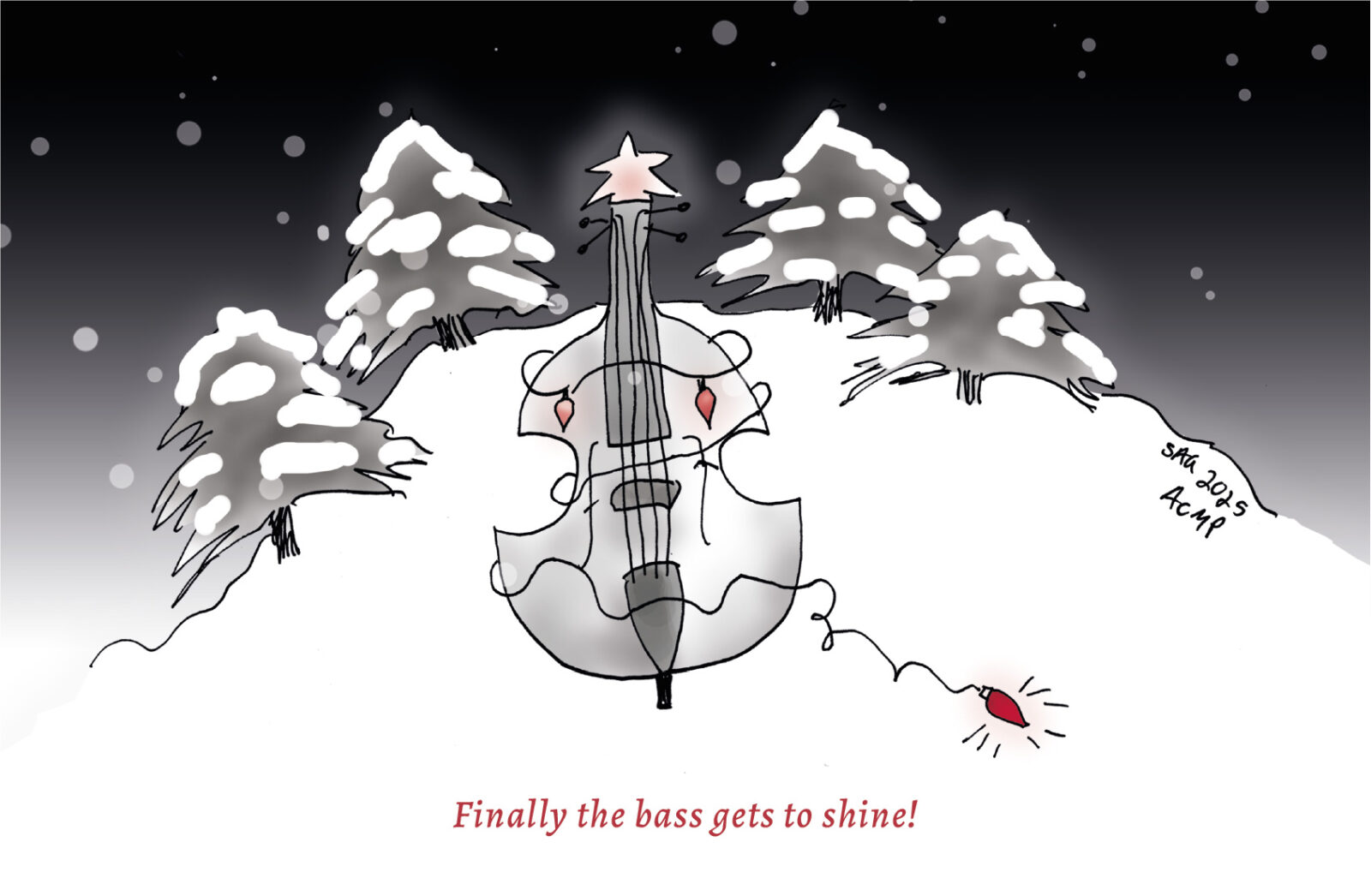
Announcing the 2025 Holiday Caption Contest Winners!
ACMP's 4th annual Holiday Caption Contest was a success, with 69 captions from 41 ACMP members. This year's winners are Valerie Matthews, Peggy Reynolds, and Matthew Greenbaum. Congratulations to everyone who came up with so many wonderful captions for this year's cartoon!Read More ↗
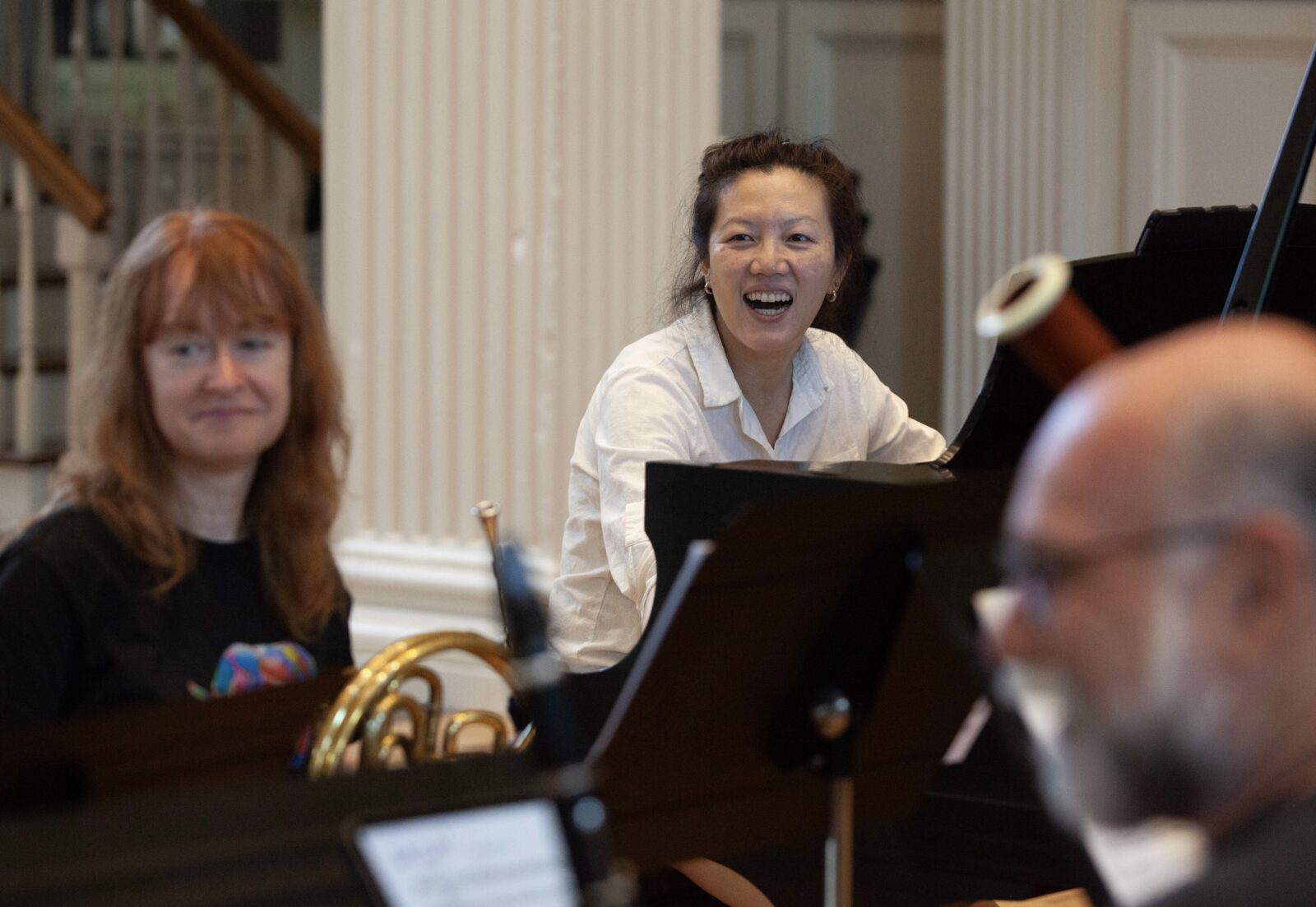
Announcing ACMP’s 2026 Workshop/Community Music Grantees
ACMP is proud to announce its 2026 Chamber Music Workshop and Community Music grantees. This year we awarded $168,000 in grants to 73 chamber music workshops and semester- or year-long programs in 10 countries, and 31 US states. (Photo by Claire Stefani.)Read More ↗

Mystery Donor Reveal: An interview with Louise K. Smith
An anonymous member of ACMP recently spearheaded a fundraising initiative for ACMP in the two week lead-up to Giving Tuesday, offering a $25 gift for each donation received from November 18, 2025 through Giving Tuesday (December 2.) This mystery donor just revealed her identity: Thank you, Louise K. Smith! I asked Louise some questions about her background as a pianist, involvement with ACMP over the years, and about her recent matching grant idea.Read More ↗

A Bridge from West to East – The Chamber Music of Reena Esmail
After a recent visit to her father's hometown in India, ACMP member pianist Sonya Subbayya Sutton returned to the United States with a renewed curiosity about her Indian culture and music. This led her to explore the music of Indian American composer Reena Esmail. Read about Reena's own voyage of discovery in Indian music and check out links to her scores and recordings.Read More ↗
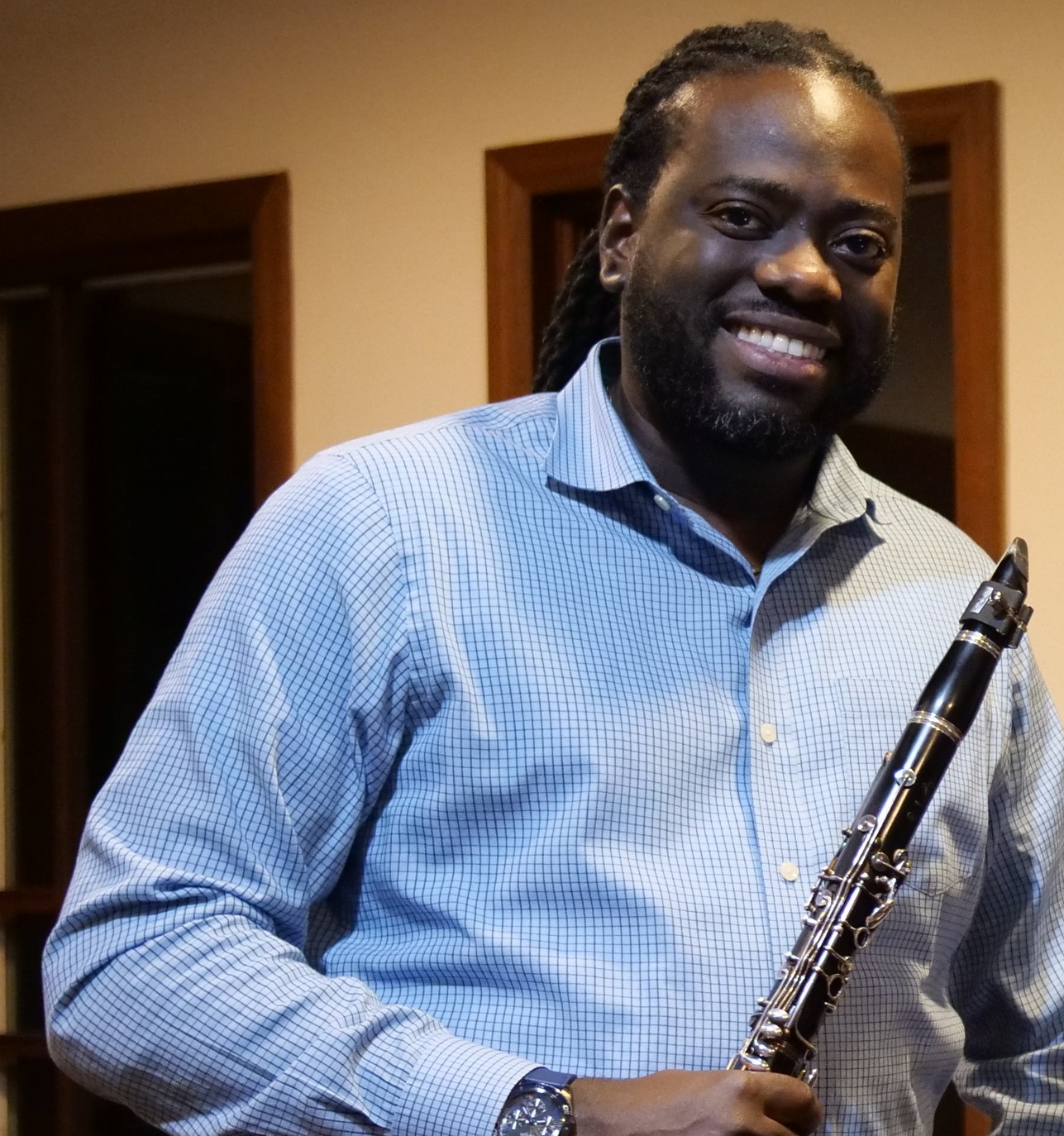
ACMP Member of the Month: Kwame Lewis
Kwame Lewis is not your typical accountant. Born and raised in Trinidad, he emigrated to the United States in 2003 at the age of 23 and set about building his career. Along the way, he lived in the Washington area for an extended period, got married, had two boys who are now 5 and 3 years old, and since 2019 has lived with his family in Melrose, Mass., near Boston. One constant through his journey, though, has been his love of the clarinet and chamber music.Read More ↗
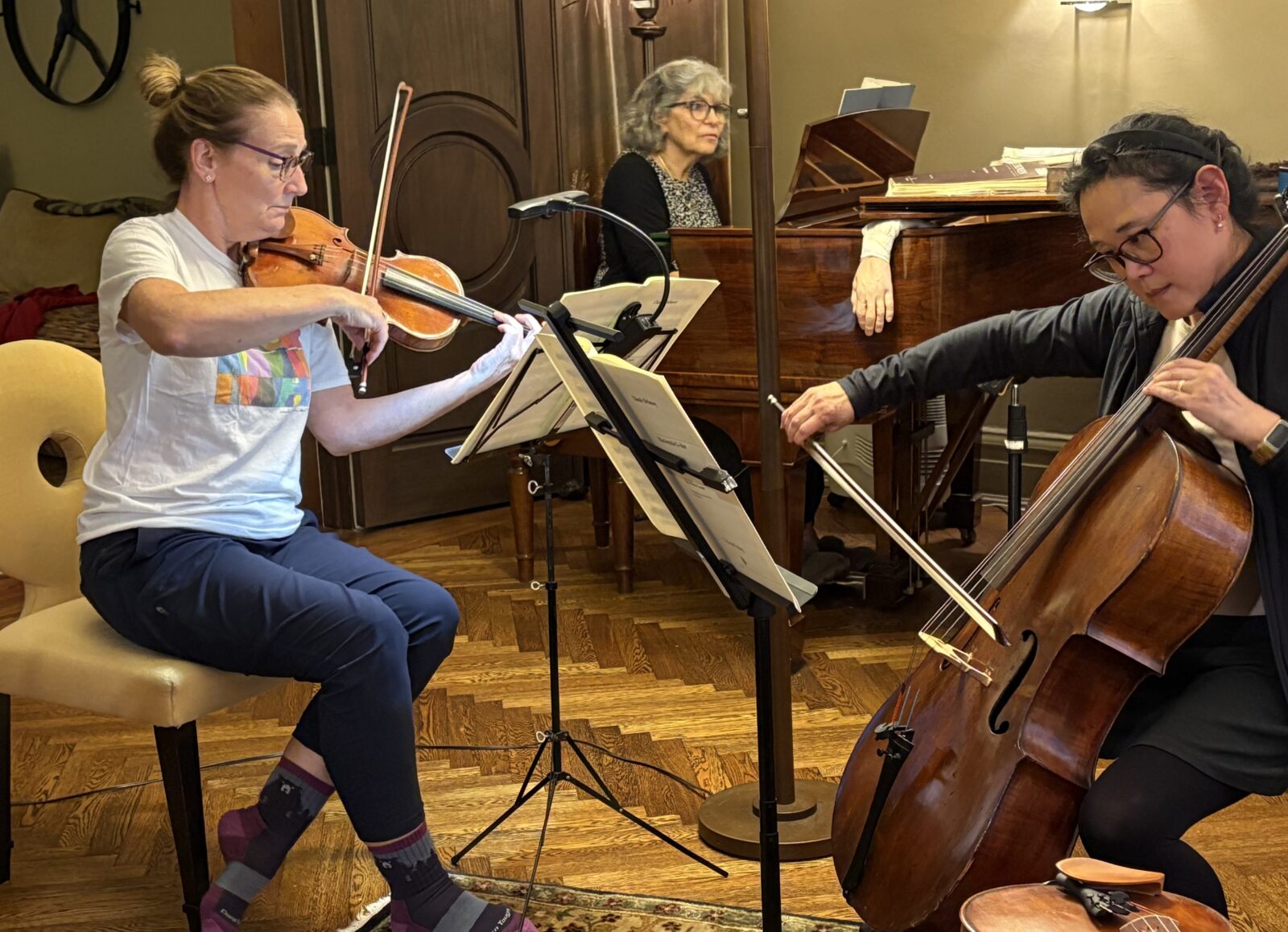
Chamber music for a cause: amateur musicians support Music for Food
ACMP member pianist and violist Arlene Hajinlian is as active a chamber music organizer as she is in sharing her time and space for social causes. This Thanksgiving holiday weekend she came up with a way for adult amateur chamber musicians to have a lot of fun while raising money to support New Yorkers in need: three consecutive chamber music parties as a benefit for Broadway Community through Music for Food.Read More ↗
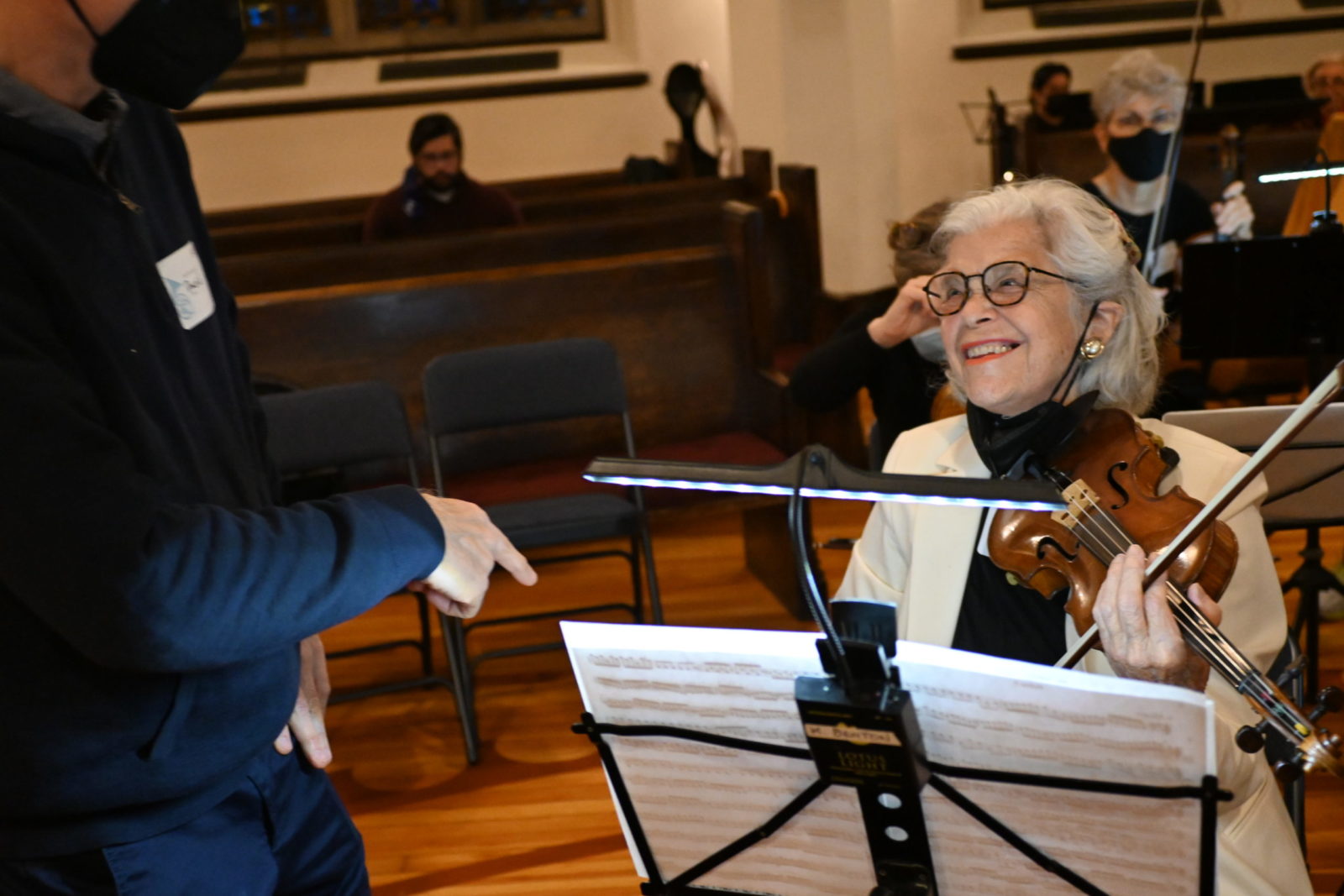
Remembering Kate “Kitty” Bigelow Benton (March 29, 1935 – November 2, 2025)
ACMP mourns the loss of Kitty Benton (1935-2025), a former board member, board secretary and longtime editor of the ACMP newsletter. Read about Kitty's life and watch a video of Kitty telling her favorite stories about ACMP in June 2021.Read More ↗
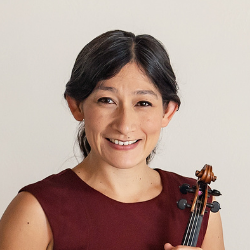
New Video – Meet The Artist: Harumi Rhodes
ACMP Executive Director Stephanie Griffin hosts a lively Zoom conversation with violinist Harumi Rhodes about her musical upbringing and career with the world-renowned Takács Quartet.Read More ↗
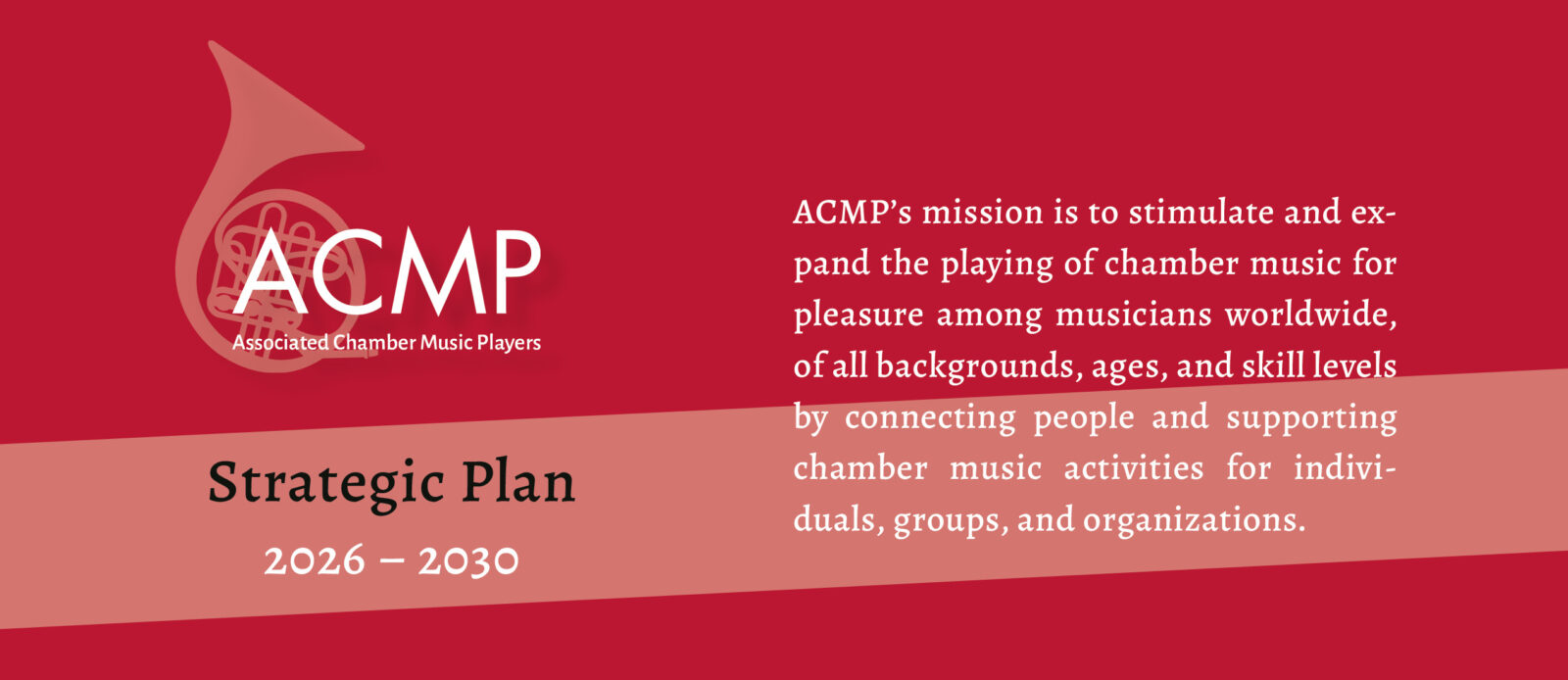
ACMP Strategic Plan for 2030
For the past several years, ACMP’s membership has grown dramatically, as has the popularity of its programs. Building on this momentum, ACMP’s Board and Executive Director completed a strategic plan to chart a course for the organization for the next five years. ACMP’s Board and Executive Director developed a new vision for the organization and a plan to strengthen member services, grants, operations, and finances to advance ACMP’s mission by 2030 and beyond.Read More ↗

Drab, Inconspicuous, and Quiet No More
Washington, D.C.area pianist and choral conductor Sonya Subbayya Sutton is a passionate advocate of the work of women composers. Read about some of her favorite women composers and discover new chamber repertoire from her list.Read More ↗
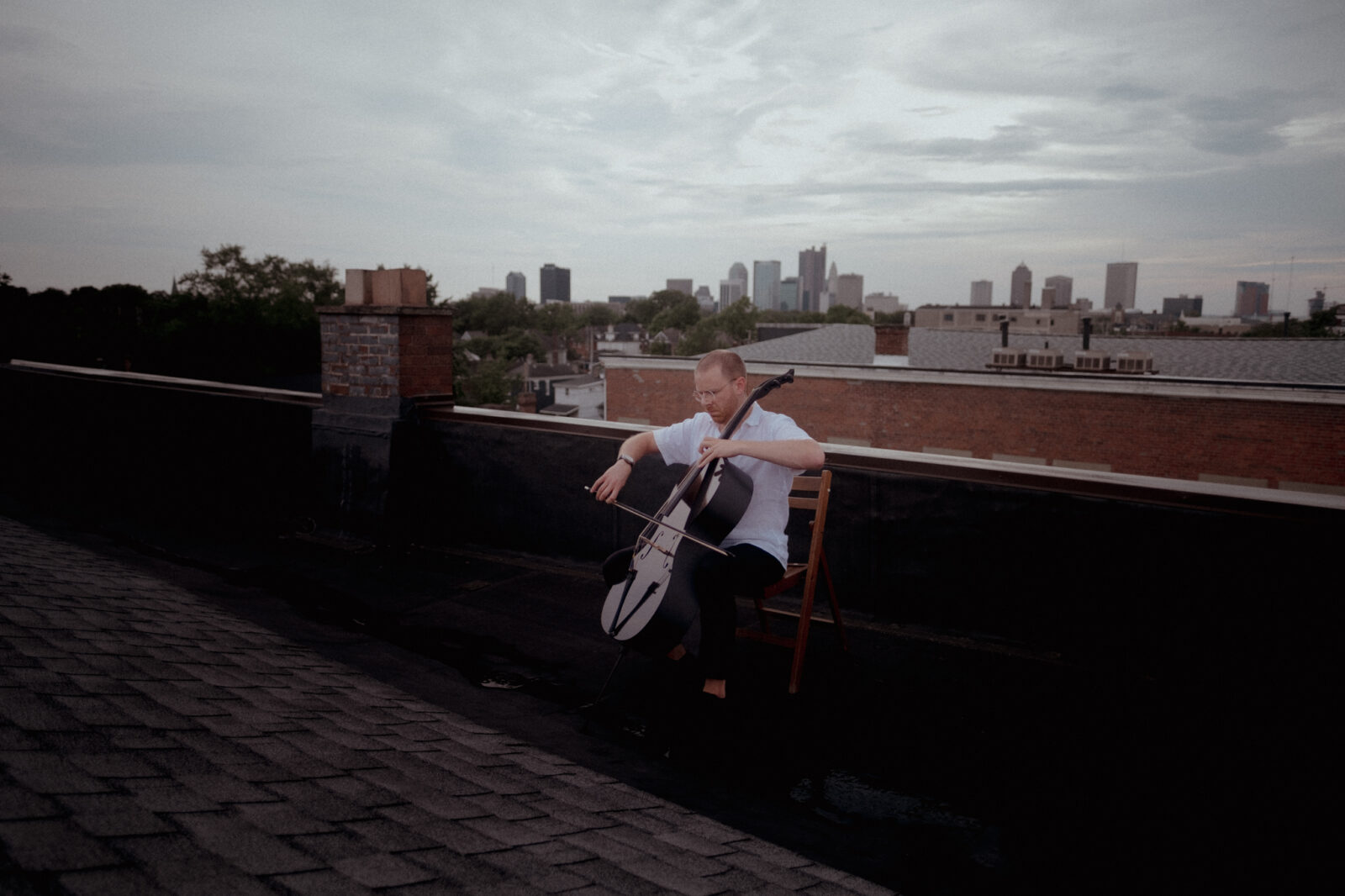
Andrew Brush: An amateur cellist with a global reach
After ACMP’s modest beginnings nearly 80 years ago, ACMP has grown to have a global membership, and perhaps nobody embodies this boundary crossing more than Andrew Brush. With his cello in tow, he splits his time between his home in Columbus, Ohio, and Buenos Aires, with visits to Europe and Istanbul, where his wife is from. Along the way, he has developed diverse musical interests, with influences ranging from Argentina to Mali. We caught up with Andrew recently after he had returned to Columbus, where he serves as a member of the ACMP North American Outreach Council.Read More ↗
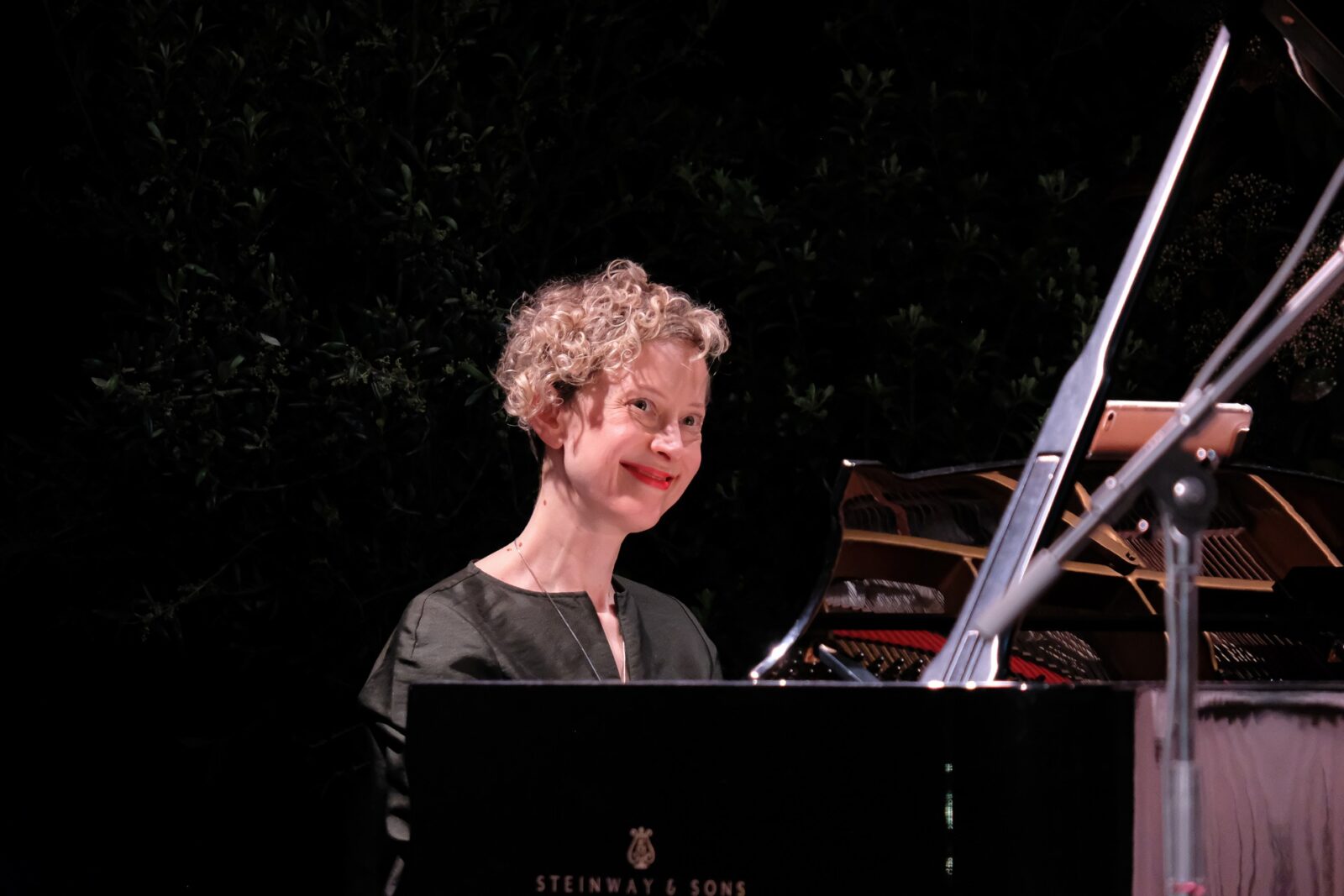
Befriending Performance Anxiety: simple tips for success
Performance anxiety is a universal experience, a survival mechanism that is hard-wired. Many of us react with shaky hands, lack of focus, shallow and fast breathing, rapid heart rate, and even feeling queasy. This is all perfectly natural - our protective sympathetic nervous system comes online to save us from danger, real or imaginary! Join Dr. Xenia Pestova Bennett for a free online webinar about managing performance anxiety on Thursday, October 30th at 6pm UK/Ireland time.Read More ↗
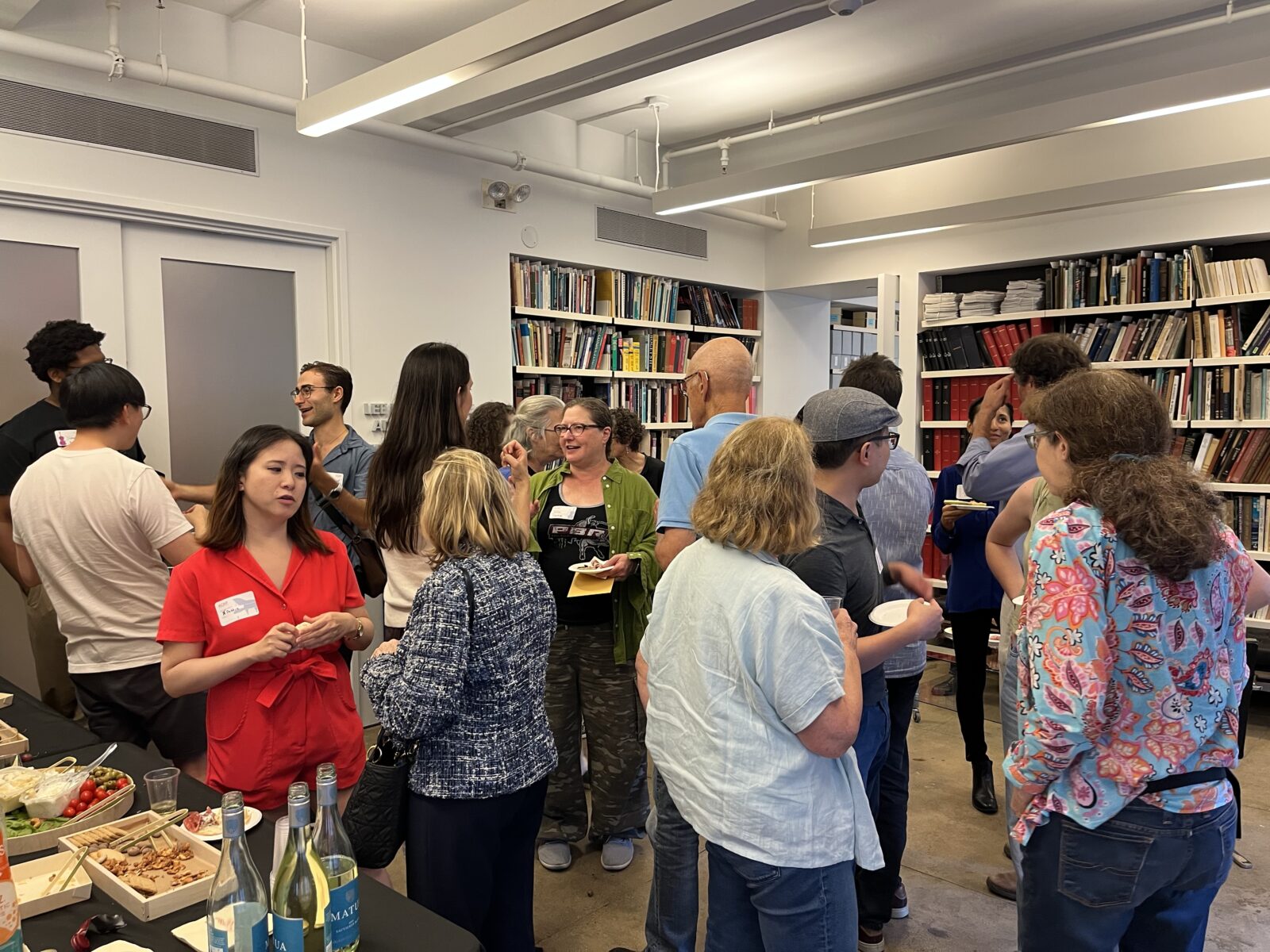
The Great American Play-In: ACMP and ACO
On Saturday, September 13 ACMP embarked on its first collaboration with the American Composers Orchestra (ACO). Together we organized a Play-In focused entirely on music by twentieth and twenty-first century American composers. Over the course of three hours, forty-five musicians discovered sixteen pieces or sets of pieces by a wide range of American composers, spanning from 1896 through 2025.Read More ↗
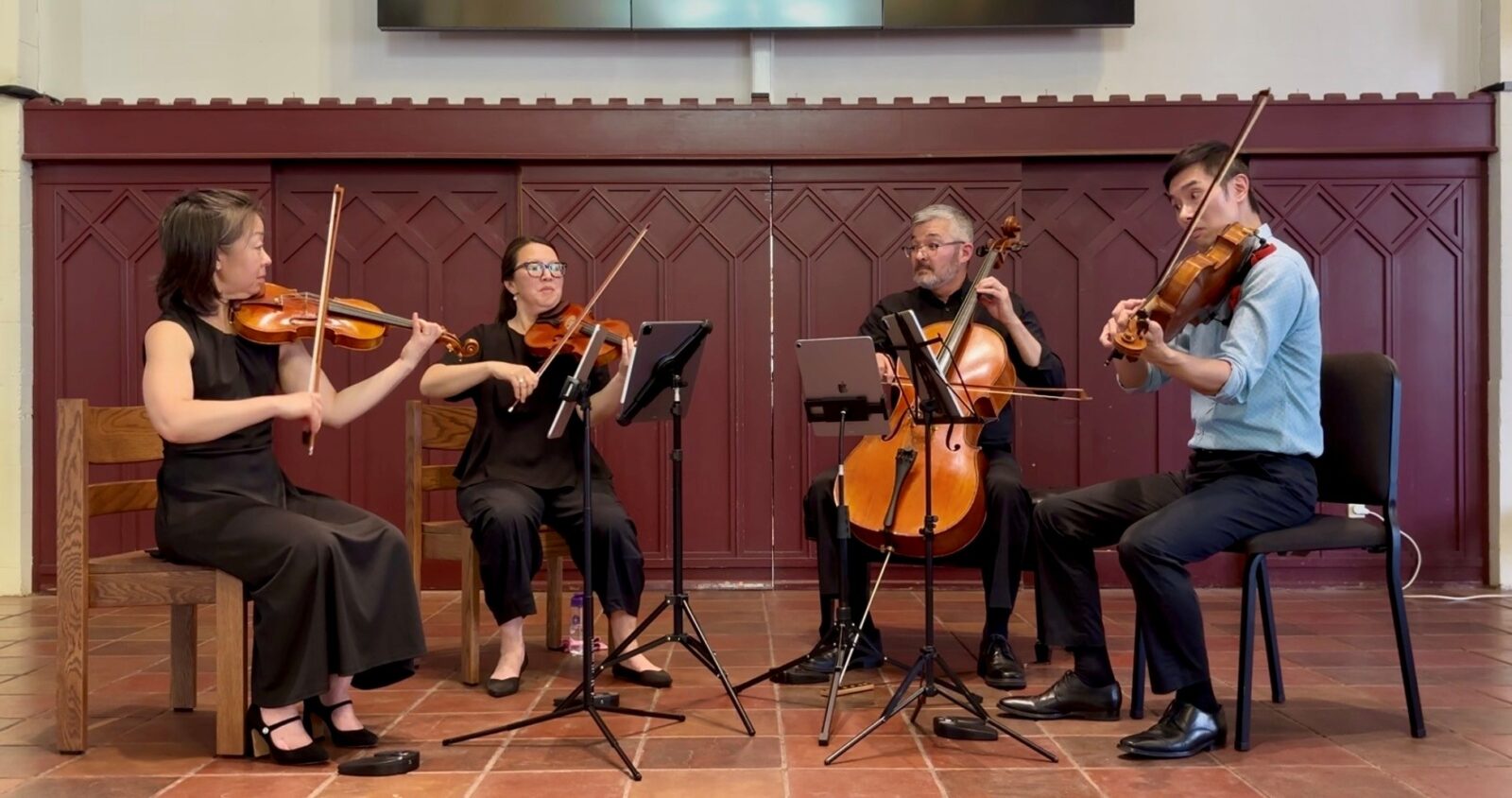
Just Play Concert: Exploring New Voices and Old Masters with the Tarka String Quartet
Thanks to a “Just Play” grant from ACMP, the Tarka String Quartet—Sue Soong and Julie Park on violin, Kevin Jim on viola, and Angus Davol on cello—recently shared a program in San Diego that reflected their passions: exploring new voices by women composers alongside the great works of the quartet tradition.Read More ↗
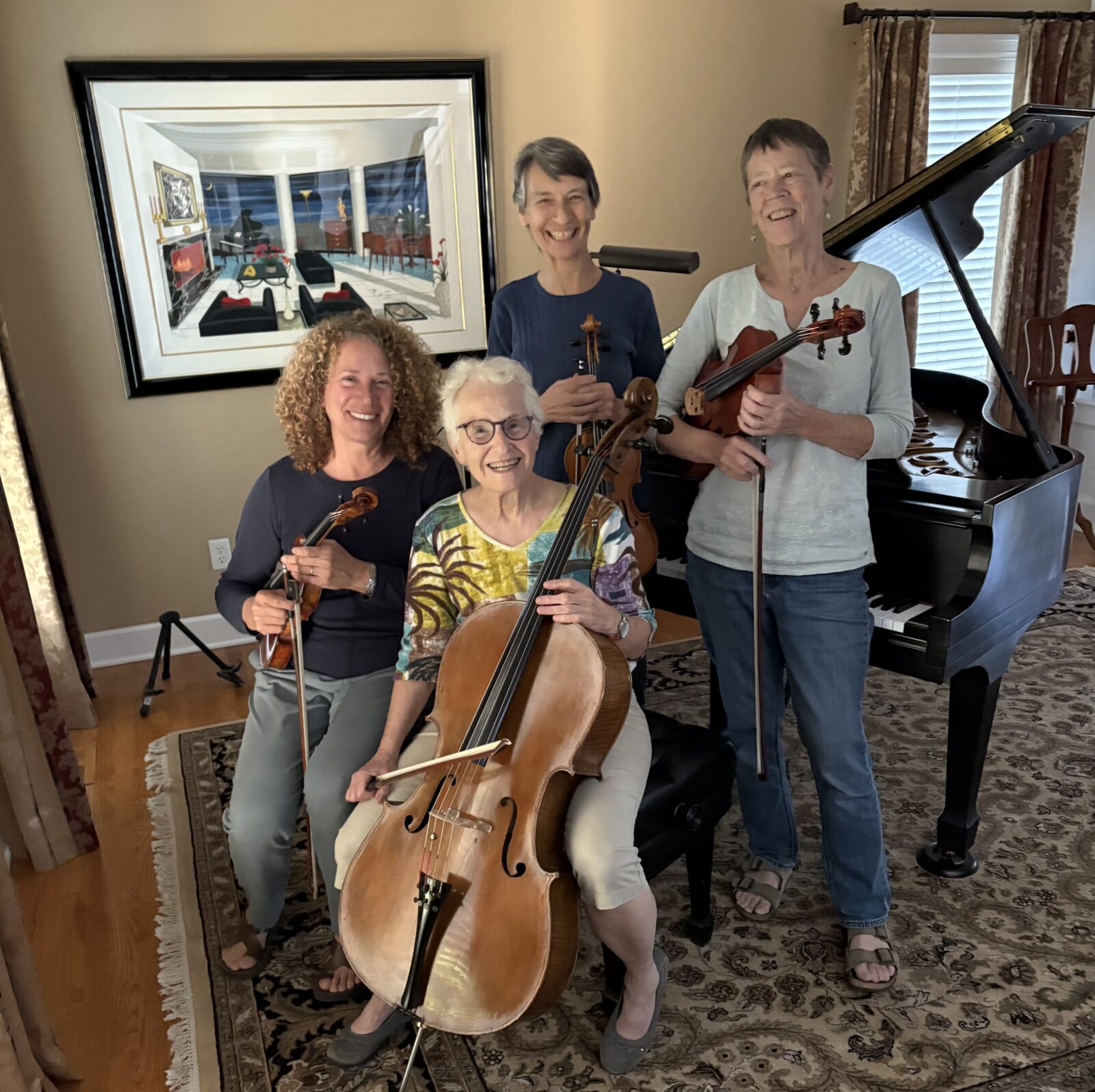
ACMP Members of the Month – October 2025
Playing in a regular string quartet is kind of like having a regular foursome in golf – everyone needs to be of roughly similar ability, and they also need to get along. When those two dynamics come together, the result can be a lasting chamber group that brings enduring friendships. Such is the case with our Members of the Month for October – Ruth Sklarsky, Barbara McIver, Ellen Henry and Kathy Lewis, residents of the Rochester, N.Y., area who have played in a string quartet for more than a decade. They got together and collectively answered a few questions about their musical journey.Read More ↗
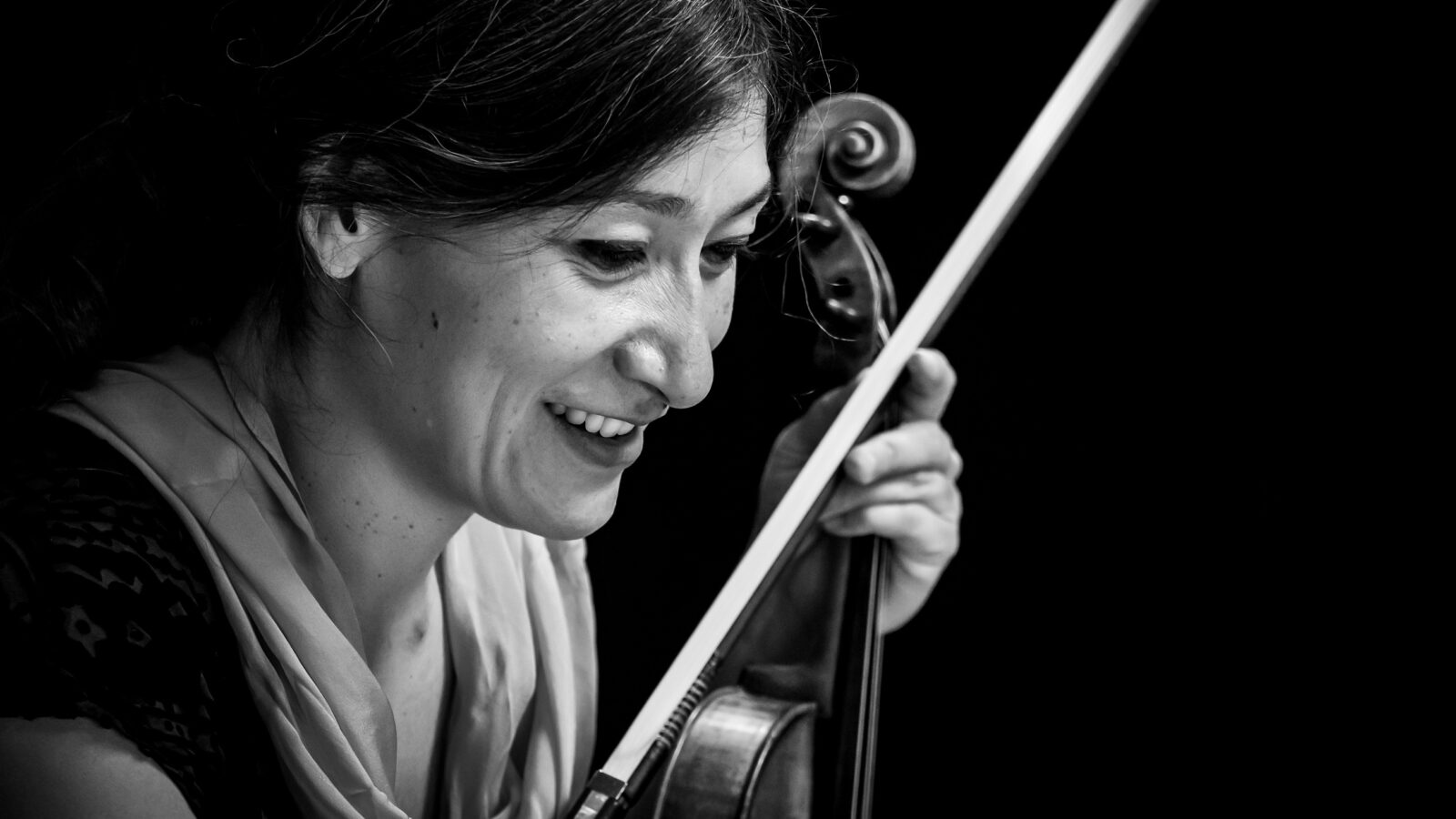
ACMP Event: Meet Harumi Rhodes
Join ACMP’s Executive Director Stephanie Griffin on Saturday, November 1 at 2pm Eastern time for a lively discussion and Q and A with violinist Harumi Rhodes. Harumi is the daughter of two famous chamber musicians: Stephanie’s former viola teacher, Samuel Rhodes (Juilliard Quartet) and violinist Hiroko Yajima (Mannes Trio.) Find out more about Harumi’s early life in that celebrated chamber music milieu, and about her journey as she established her own career as the second violinist of the world-renowned Takács Quartet.Read More ↗
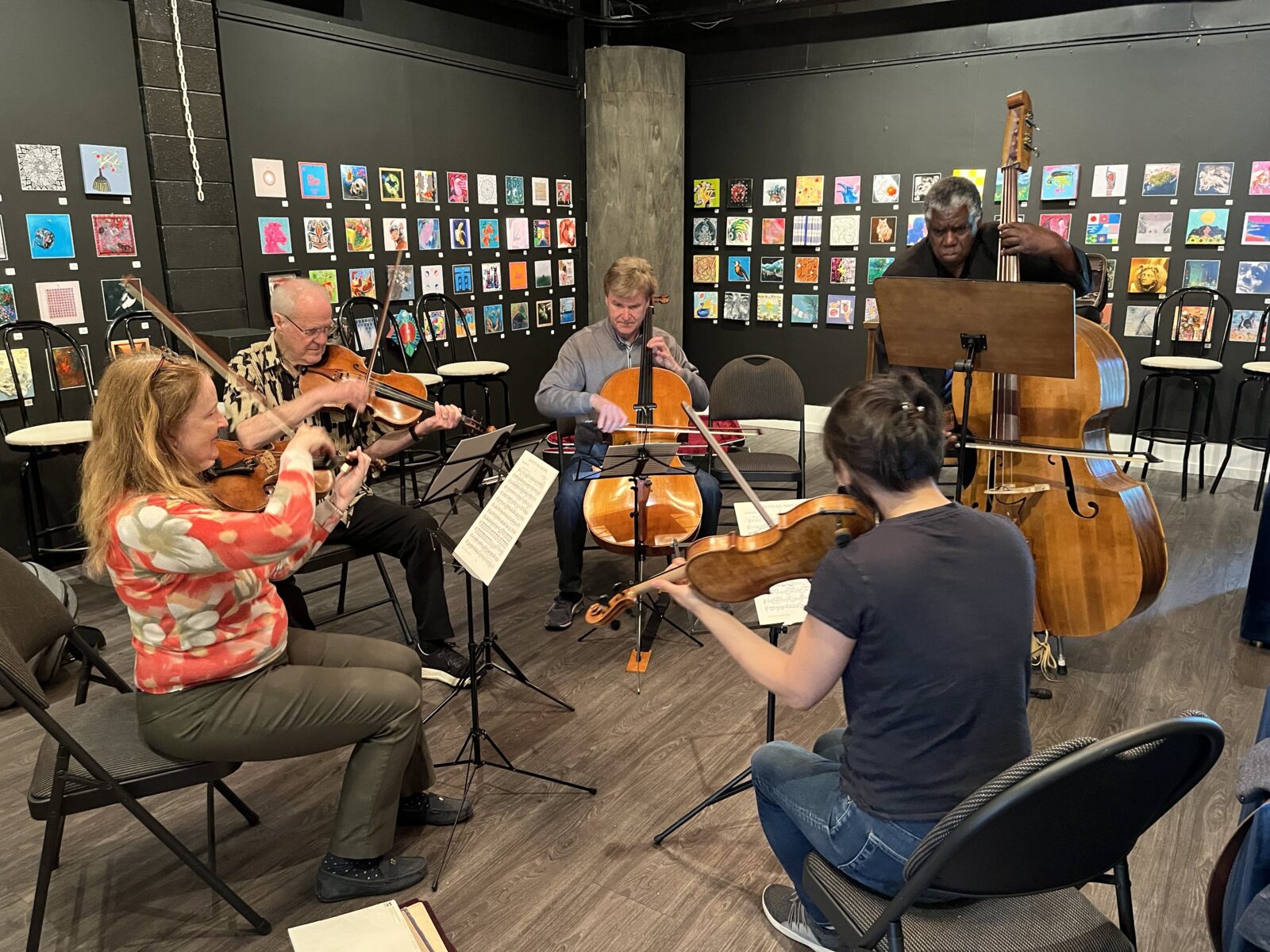
New guidelines for ACMP’s Workshop and Community Music Grant, deadline: October 24, 2025
ACMP's annual Chamber Music Workshop and Community Music grant cycle is open! Deadline: Friday, October 17. Read about the new guidelines and sign up for the Grant Information Session.Read More ↗
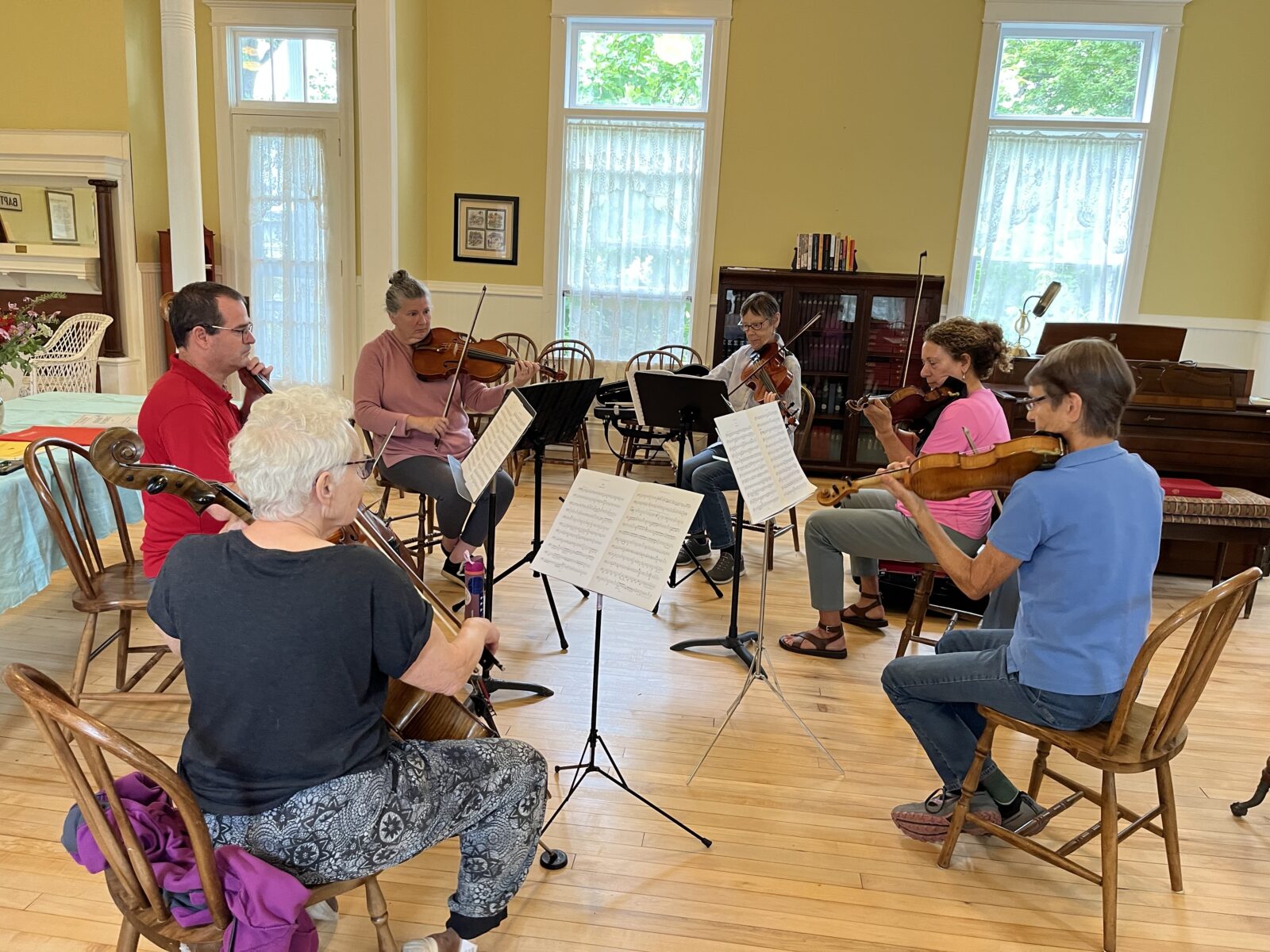
A weekend of music and renewal at Chautauqua
When you first set foot on the grounds of the Chautauqua Institution in southwestern New York, it’s easy to understand the lift in Arlene Hajinlian and Sonya Sutton’s voices when they speak about their summer homes, and why they would welcome a group of ACMP members for a weekend of music-making.Read More ↗
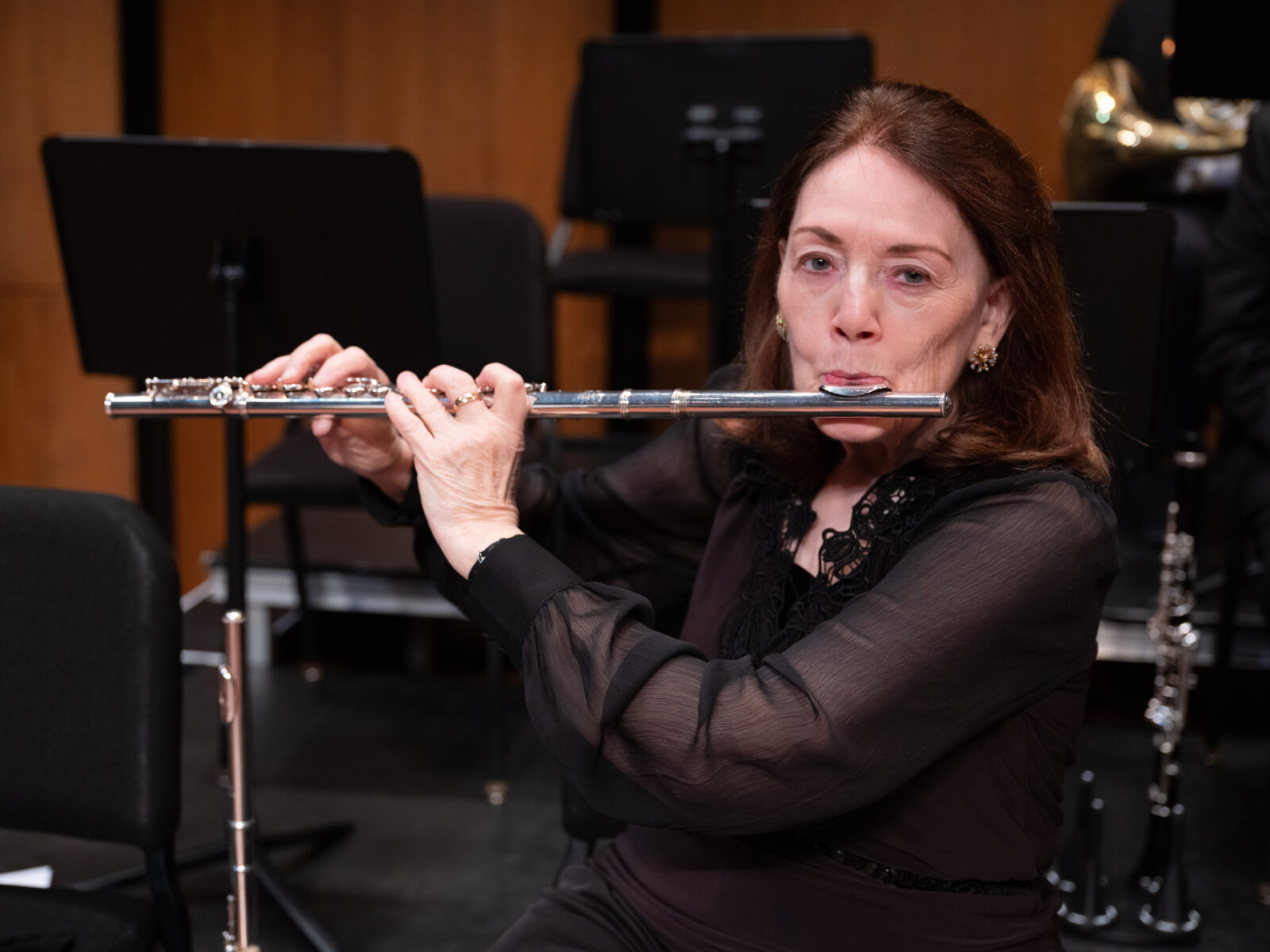
Optometrist by vocation, flutist by avocation
For someone who does not pay the rent as a musician, Pat Brown leads a full musical life with her flute. An optometrist by profession and a dedicated flutist, she has been a member of the Texas Medical Center Orchestra for more than 20 years, serving on the board and helping the group win national awards.Read More ↗